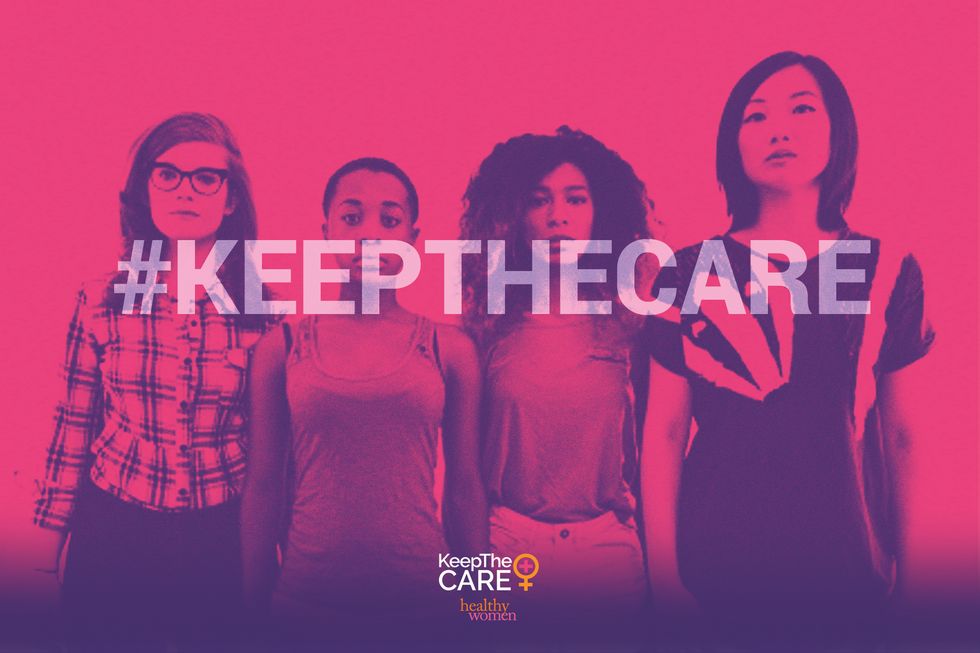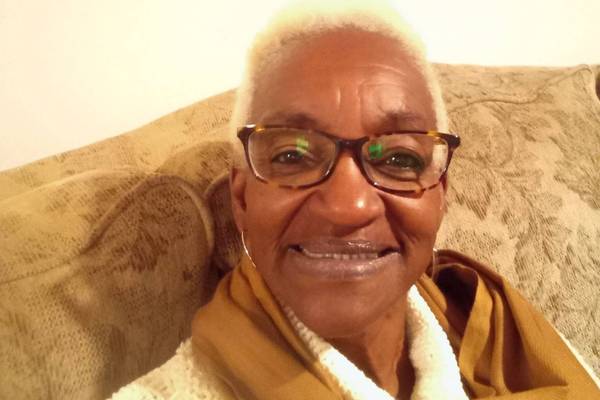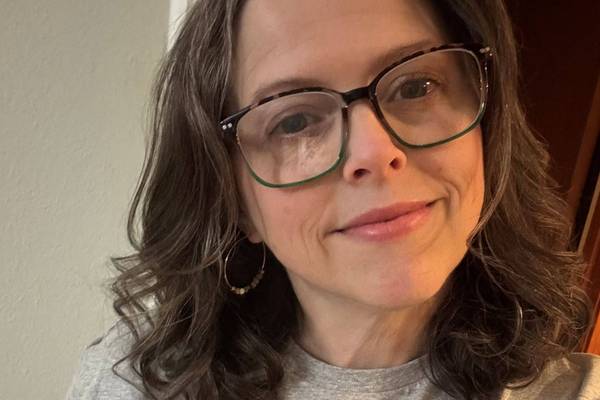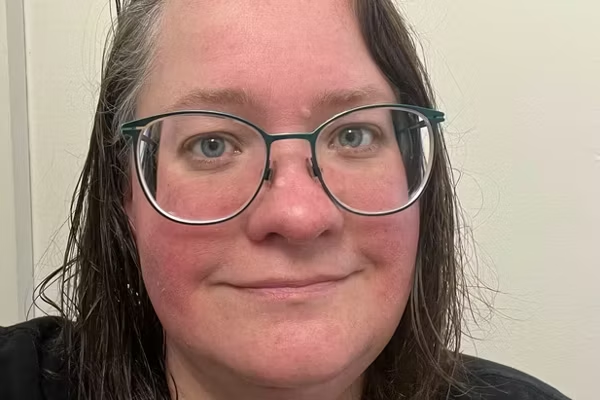When you're healthy, you don't spend much time thinking about what you would do if hit by a chronic illness. At least I didn't.
Taking Health Care for Granted
My health had gone through some issues in my short life. Open-heart surgery at age four, gall bladder removal at age 17, and a follow-up surgery the next year from complications. While not insignificant, each of these issues was addressed with proper medical care. I recovered quickly without long-term effects. I took for granted that the costs associated with these surgeries were covered by my parents' insurance plan.
As I entered the workforce, insurance was always available to me through my employer. It never crossed my mind that one day, a preexisting condition could block me from being insured.
As I was about to celebrate my 30th birthday, the episodic migraines I had experienced since age five inexplicably became an everyday occurrence. I had just been promoted to vice president at my job in the banking industry. I had just started a master's program at Georgetown University. I had an active social life and aspirations for the future.
Chronic migraine disease came out of nowhere, and my life screeched to a halt. My employer-sponsored health care allowed me to seek out the best doctors, to try the newest medications, to take pain management classes and to be treated at a renowned headache clinic hours away.
Yet my condition worsened. The constant pain, nausea, photosensitivity and fatigue made me an unreliable employee. Diet changes, yoga, meditation and medication gave me better coping mechanisms, but the debilitating migraine attacks persisted.
The side effects left me in bed for weeks, even months on end. I couldn't keep up with my fast-paced career. Even with cutting my hours back, my work product was abysmal. All my energy was spent either researching and implementing new treatments or catching up on work I had missed. This was no way to live.
Facing New Challenges
My doctor encouraged me to take some time off work to allow my body to heal. Sadly, that wasn't the answer either. I slowly came to accept that my health had changed with no end in sight.
Eventually my neurologist concluded that between dealing with medication side effects, managing the constant feeling of having an ice pick pounded into my head and struggling to accomplish simple everyday tasks, I was in no condition to return to my previous career. It broke my heart to have to resign from the job I loved so much.
I had many new challenges ahead of me, including how to find new insurance that would offer me continuity of care. Any chronic disease requires constant medical attention. If I went without coverage, my health would worsen.
For the first time in my life, I had to find my own insurance plan without the help of an employer.
The Affordable Care Act
The Affordable Care Act (ACA or Obamacare) was passed into law in March 2010, and the insurance marketplace opened up in January 2013. I stopped working on March 9, 2013, just two months after the ACA was available to me and millions of other Americans. The timing was incredible.
I applied for Social Security Disability Insurance (SSDI) when I stopped working, which would give me benefits through Medicaid. Before that could happen, I had to get approved for SSDI, a process I knew could take years. If I was lucky enough to get approved, I then had to wait two years to receive Medicare benefits. Without the ACA, I was l looking at years without insurance coverage at a time when I needed it most.
The Search Begins
I started this daunting task at Healthcare.gov and then used my state's online exchange to find available plans. In an ideal world, I would find a plan with the following features:
- Allows me to see the same physicians, both locally and regionally, that I relied upon to help me manage my chronic migraine disease.
- Offers a low deductible to keep my out-of-pocket expenses reasonable.
- Allows me to pay a monthly premium that fit those needs and wouldn't be a burden on my new lower budget.
I narrowed my options through the website; however, I wanted reassurance from a real person who understood the plans. I spoke to a representative who helped me find the plan that fit all my goals. I was pleasantly surprised by the cost and found a plan that I could afford. Not only was I able to get coverage, it was better than I had previously.
I never thought that in my early 30s I would be unable to work in my originally chosen career field and in need of individual insurance. I am incredibly grateful that the Affordable Care Act was signed into law in 2010, a time before I even knew that migraine attacks could be a chronic condition. Without it, my health would have deteriorated at the time I needed insurance coverage the most.
I am still very passionate about how our health care system evolves and encourage others to remain informed and engaged with policy makers.
Why I'm Fighting to #KeepTheCare
HealthyWomen has launched a nationwide campaign called Keep the Care with a DC-based public relations firm MSL Group. The objective of this campaign is to advocate for women's preventive health care services to be protected from any changes that are proposed to health care legislation.
Keep the Care aims to educate lawmakers about the importance of access to preventive care. This ultimately leads to better health and, in turn, saves money for insurance companies and the U.S. economy.
As federal lawmakers in Congress continually work on changes to the ACA, women need to stay engaged and understand how proposed changes could affect them or ones they love. Even if your employer provides your insurance benefits, some changes could affect the services that will be covered, such as preventive services like Pap tests, mammograms and birth control.
More women need to join in to amplify our voices. Women need to band together, pay attention to the issues and advocate for ourselves. If we don't speak out about our health issues, then why should we expect anyone else to do it? Keep the Care supports these efforts by providing tools, resources and training to everyday women to engage in the legislative process in a myriad of ways.
Whether your insurance is covered by your employer or through the ACA or Medicare or Medicaid, the women's health care issues being discussed are ever-changing. The most effective way for our voices to be heard is to engage. HealthyWomen's #Keep the Care can help us all be part of the legislative process.
I learned through my experiences that we can't take health care for granted, and we must stay engaged with how legislators are changing it. Women, let's fight to protect our health care.
To find out more, visit KeepTheCare.





